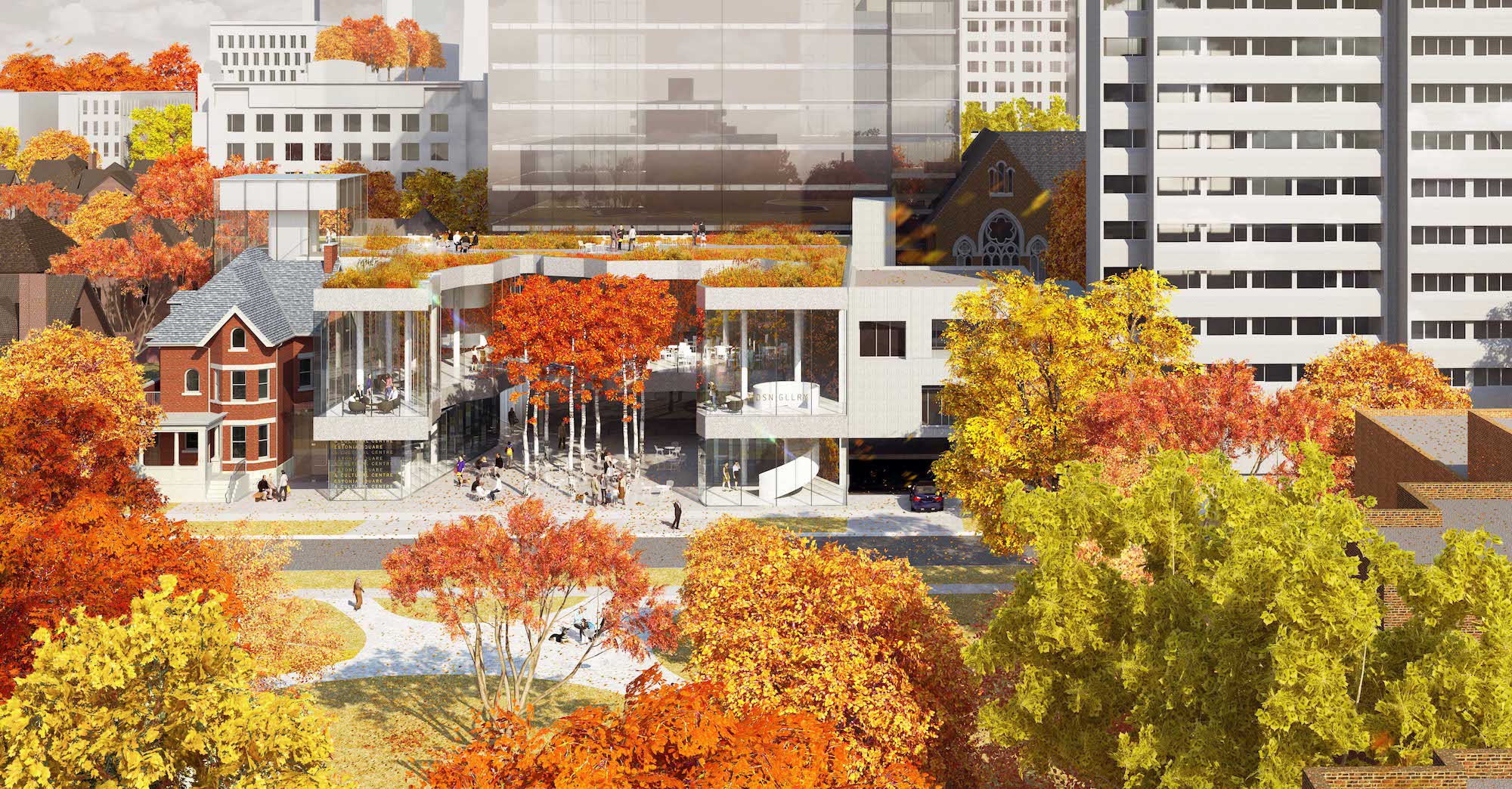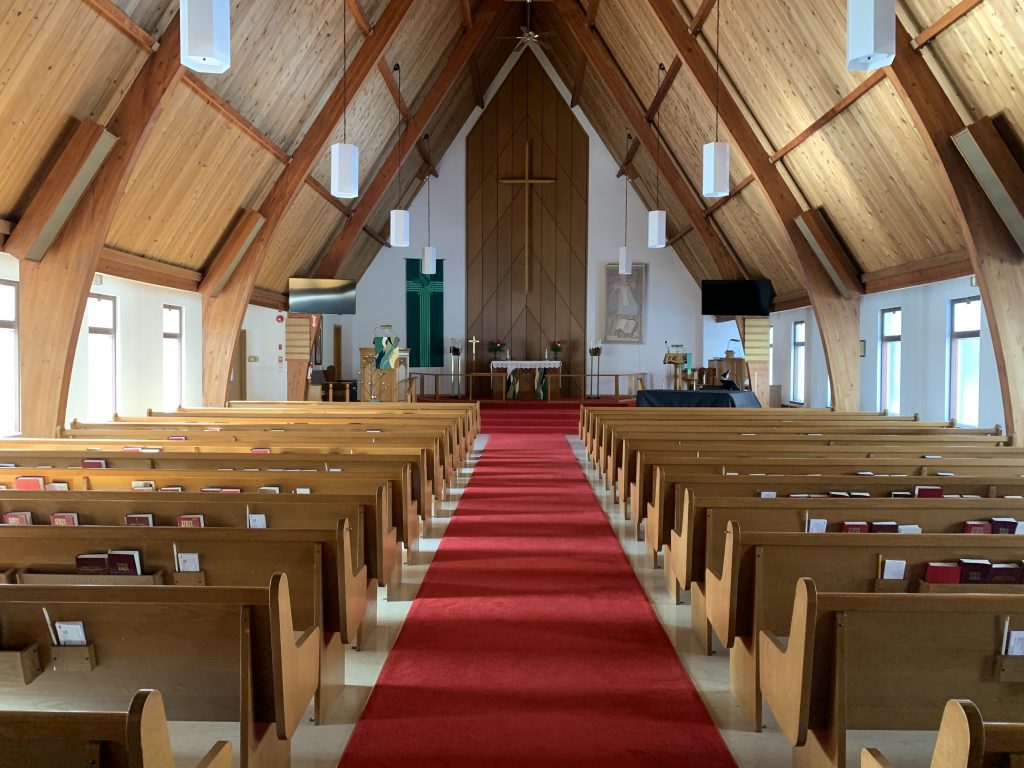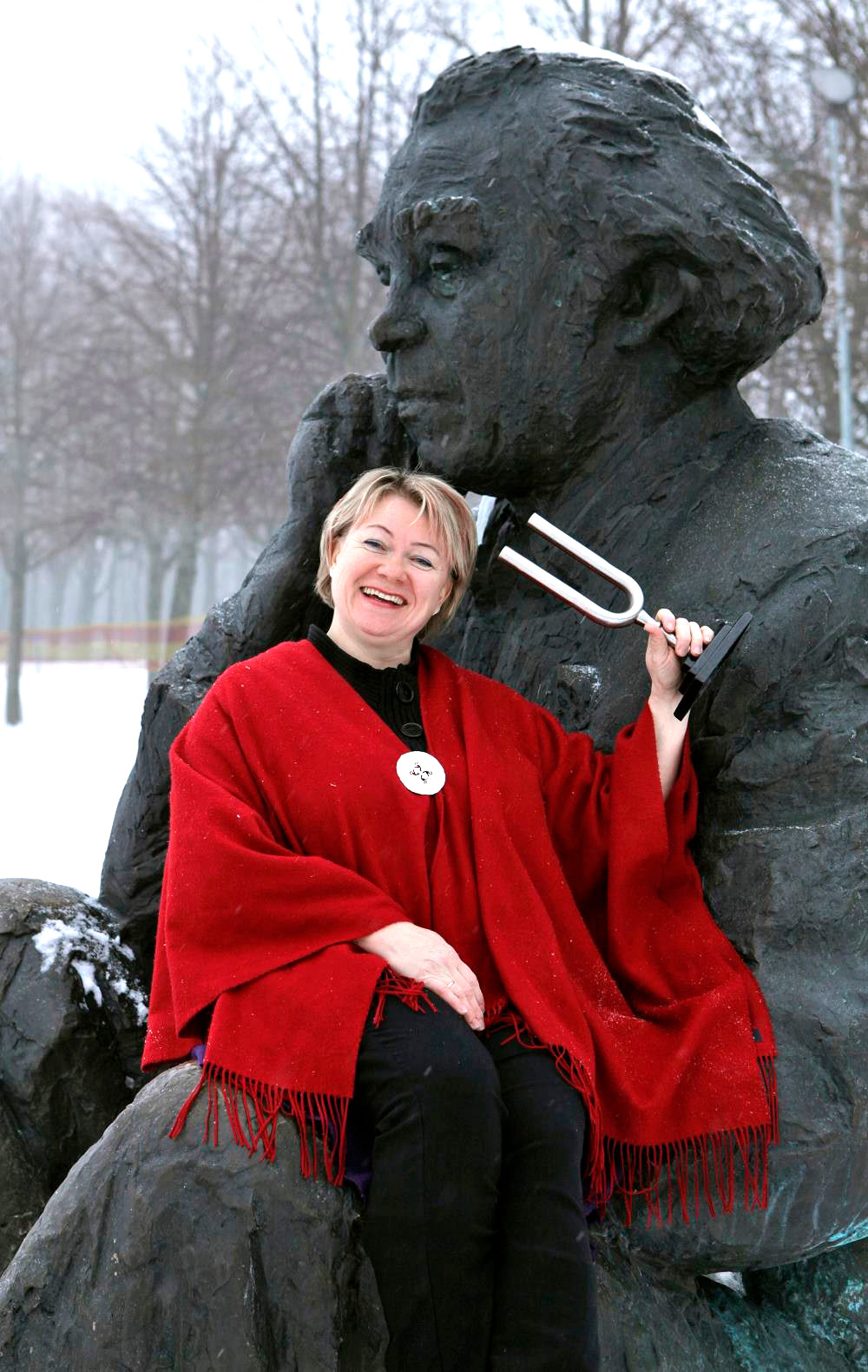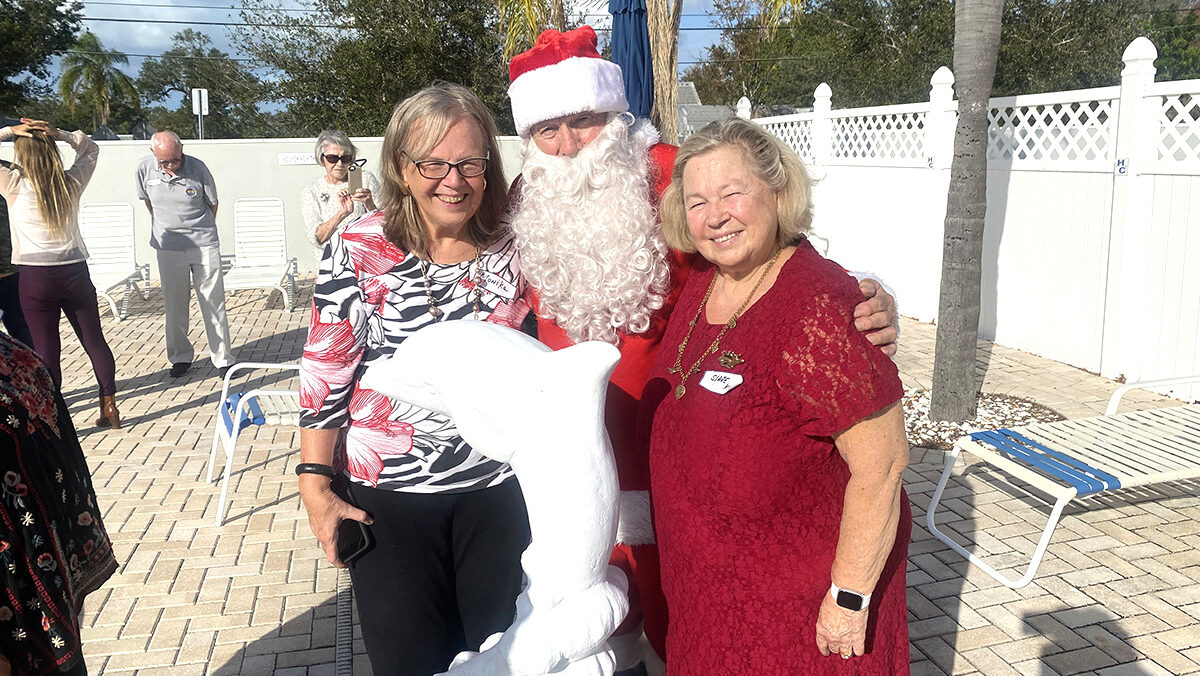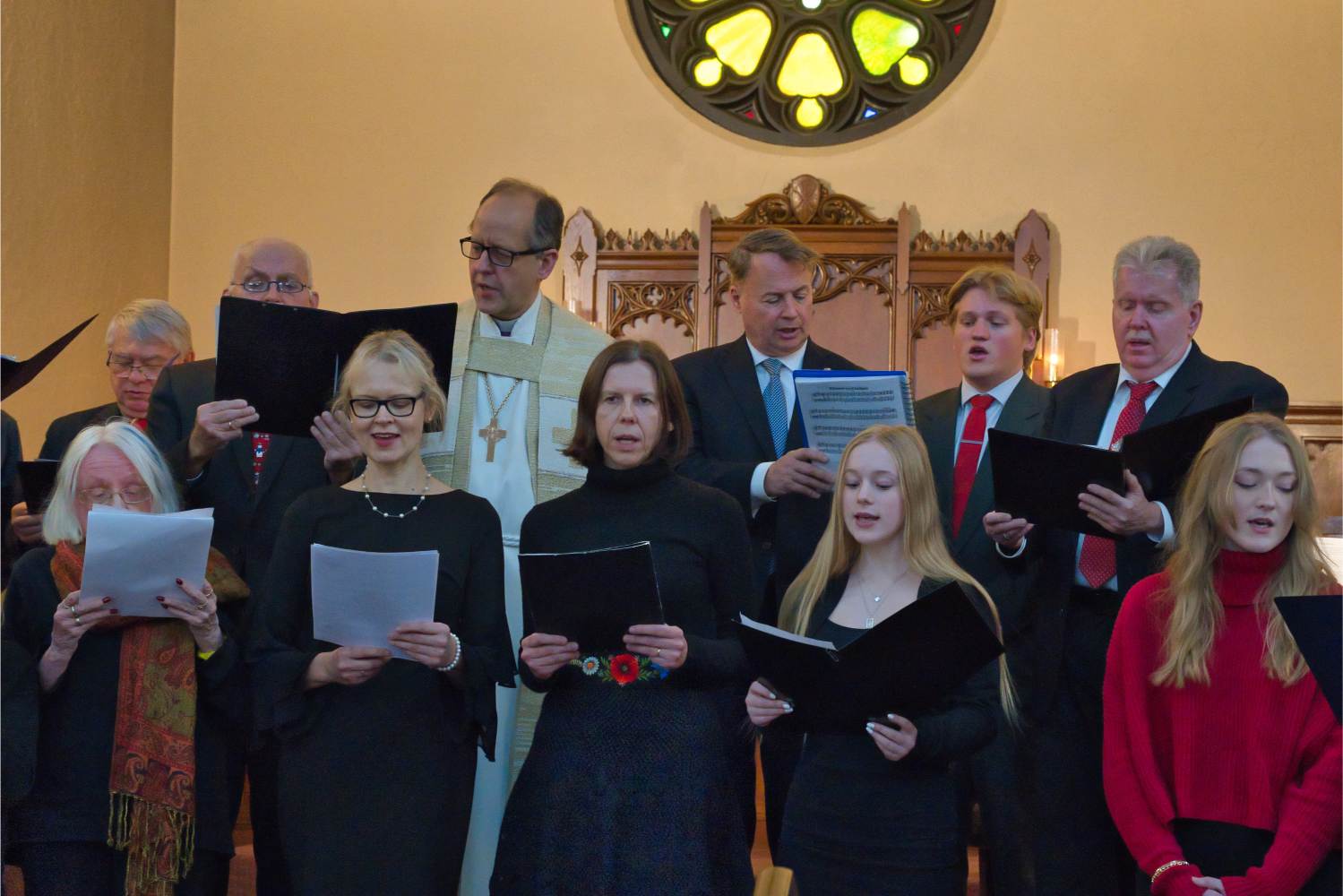It also means that the technology will enable community members to use the space interactively and creatively.
Estonian Centre architect Alar Kongats explains:
“Besides have a business centre that will provide all the necessary equipment to run meetings, classes and events – we could look at providing a ‘maker centre’ that actually allows people to access different kinds of programs to make their own publications and posters for events.”
There is also the potential to hold workshops and seminars on how to use such equipment and programs.
Another interesting idea could be a sound studio type of space that would be part of the music room for the kindergarten. It would enable recordings to be made of songs and music.
The idea is to create an interactive centre where people can spend time and have an interesting and engaging experience. For example, when parents are waiting to pick up their children from school or other event, they can spend time accessing cultural information via computer screens of archival material, films, etc.
During the community consultation process, those taking part often mentioned the importance of having a technologically advanced facility.
“People want us to ‘do it right’ so it is cutting-edge and the most up-to-date possible,” Alar said.
The user groups consulted also said they would appreciate having high quality equipment that is easy to use. Many organizations are connecting to Estonia in real time to hold events and to simulcast events.
Acoustics are also important for the groups like choirs and the need for sound insulation between walls is a key consideration as well.
Technology can also play an important role in how artwork, heritage displays and other artifacts are presented. Lighting is also a key element here.
Major festivals such as EstDocs are currently using outside space such as the HotDocs Cinema on Bloor Street as major event space, so it would be ideal if the new space could accommodate the screenings and events that are part of this popular annual event.
Alar also explained that advanced technology also covers the way the building is operated, such as the heating, cooling and security systems.
“The building manager may have access to the facility via a smart phone,” he said. “This would enable controlling the temperatures remotely to, for example, turn up the heat prior to an event. This will enable the efficient operation of these systems.”
Consultant expertise will be engaged to ensure noise and vibration from the subway system does not affect the function of the space and its events.
A reminder that the next community information session will be held on Wednesday, April 4 7 – 8.30 p.m. at the Estonian House. Please bring your thoughts, questions and ideas!

